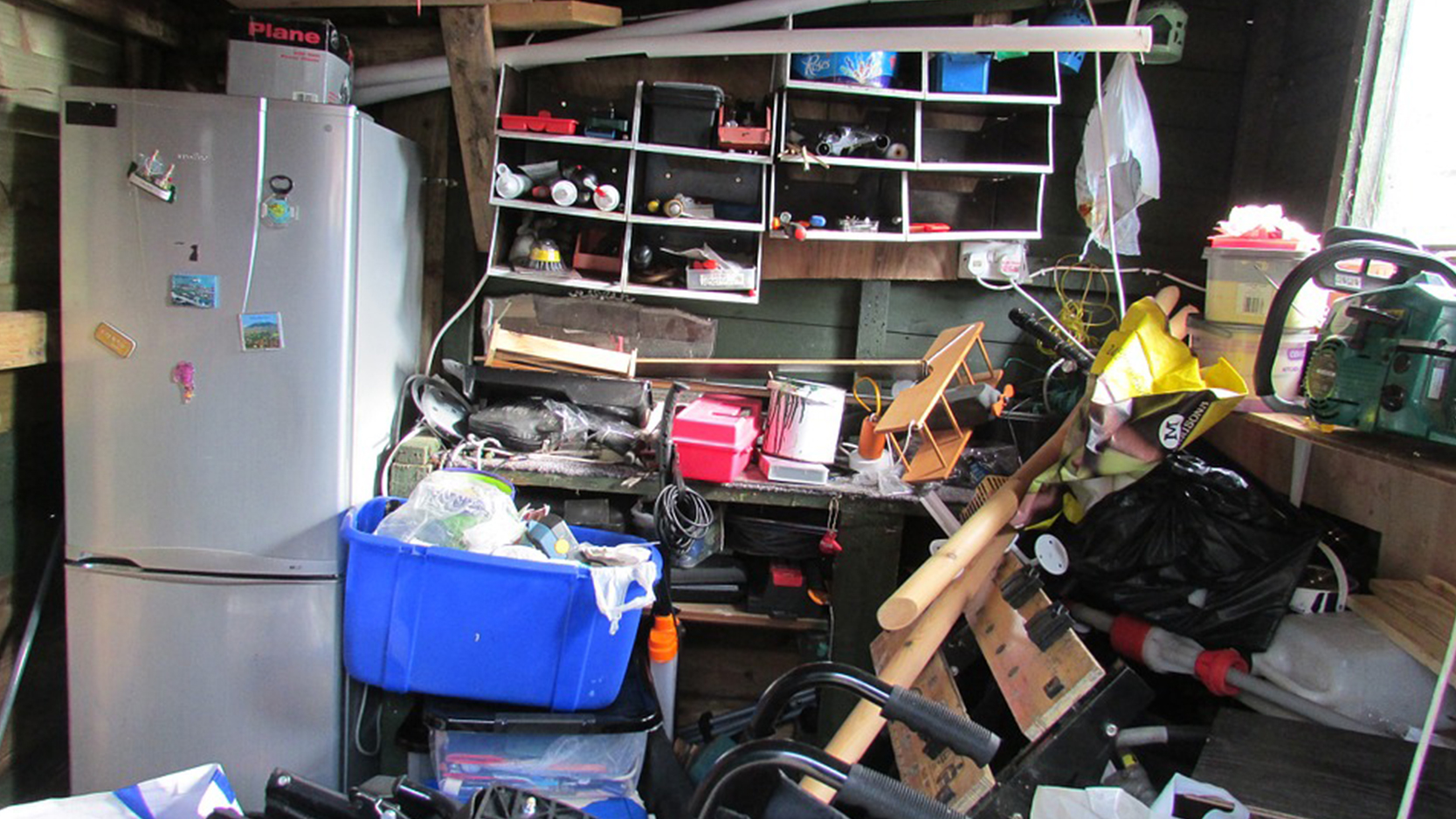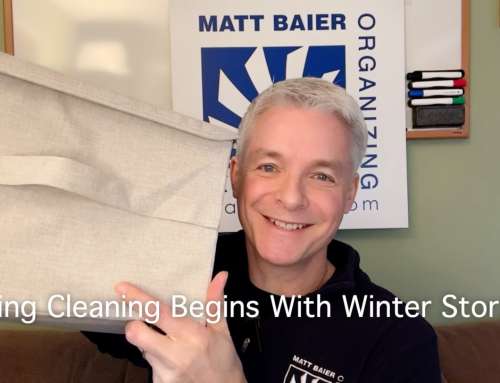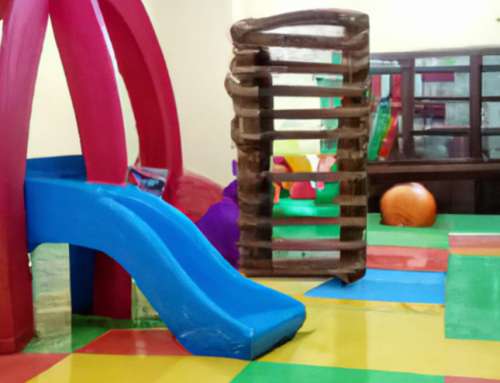This is a collaborative post with Dorothy C. Obrien
Clutter, for many, is a bugbear and something to be avoided. For others it is almost a way of life.
It’s the cause of domestic arguments across the United States, with one partner loving to hoard things and the other liking clean open spaces. Decluttering can be tough though; most people feel attached to things they own. They can tell your life story and throwing things away may feel, to some, like binning off parts of your past. In Matt’s post on ‘The Shocking Truth About Getting Organized’ he has already covered how it shouldn’t be what you’re throwing away that’s the focus, but what it is you’re keeping. Still, Simple Lionheart Life discusses how hard it can be to declutter for some people, but it could be essential because clutter can lead to health problems.
You might well ask how keeping stuff around the home can give you health issues; it sounds just like the sort of excuse a tidy person makes in order to push the need to clean-up. Well, it isn’t. There are health benefits associated with decluttering. In fact, there are several.
Air Circulation
Air is what keeps us alive and, in enclosed spaces, Good air circulation is necessary for healthy air. Getting fresh air into your home is extremely good for you and to do so, air must circulate freely in, and out. If you have excessive clutter building up in your home or office space, the air cannot move around as easily. A reduced air flow will impact air quality and subsequently, your health.
Mold
Mold can build up anywhere and everywhere and the more clutter you have, the more likely it is to appear. An article by The Conversation highlights the serious health implications of allowing it to build up in your home, something that can happen very easily. If you’ve got stuff stacked on a wardrobe tight to the wall, air might not move behind and through easily and damp can build up, leading to mold.
Fortunately, there are ways to combat this as part of your decluttering routine. A post by HomeServe explains that there are ways to get rid of mold, such as buying a ready-made chemical solution at the market or making your own. You can also use alternatives that you can easily find in your pantry, such as baking soda or white distilled vinegar.
General Cleanliness
The more clutter you have, the harder your house is to clean. A crisp, minimalist room has surfaces that are easy to dust and to polish, whilst rooms full of boxes and piles of things become a trap for dust and grime build-up.
Household dust can be a serious problem for your health. A feature by The Washington Post reports that many toxins from outside are found in household dust, creating possible dangers for anyone in grimy homes. Particularly, those with respiratory problems could be seriously affected by dusty homes, just as they are by poor air quality and circulation, which are also promoted by cluttered living spaces.













Leave A Comment